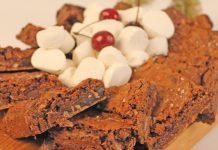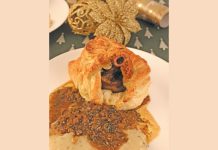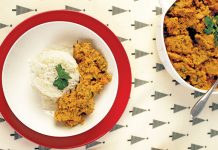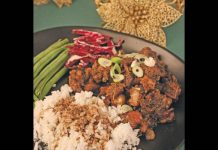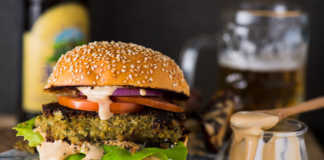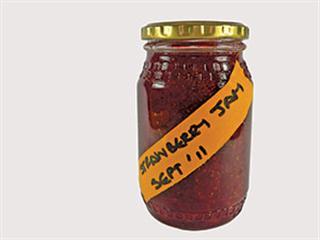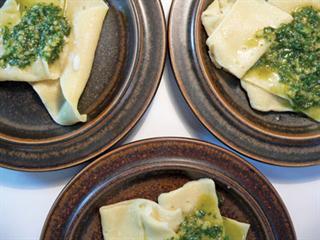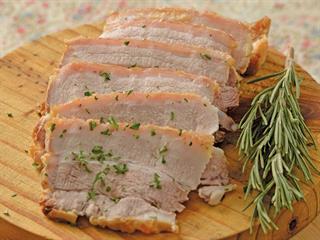
To make Sunday roast pork with white wine for six people, you will need:
- 2kg pork loin
- 5 cloves garlic
- 1 cup fresh rosemary
- 1 cup fresh sage
- 5g black pepper
- Coarse salt on demand
- 180ml Chenin Blanc
- 600ml beef stock
- Extra virgin Cape olive oil on demand
First things first. When you buy the pork loin, ask your butcher to debone it and leave a desirable layer of fat on the meat. While there is always a debate about deboning a roast, with some carnivores insisting the flavour is better with the bone in place, a deboned joint is easier to carve. It’s that simple.
At home, cut a criss-cross pattern into the fat with the point of a sharp knife. Next, finely chop the fresh sage and rosemary. Both of these grow rampant in my tiny Durban garden. I’m sure they will grow anywhere, given the lack of intervention my herbs get from me. Fresh herbs taste better than dried herbs; this is as true as gravity, as unarguable as the earth is round. If dried herbs are all you can get, increase the quantities by 50%.
Crush, peel and finely chop the garlic.
Now for the stock. This can be from a well-intentioned cube or, better, homemade. While purists may recoil in horror, believe me that beef or pork or even chicken stock all work just fine.
Next, preheat the oven to 230°C.
Pour 80ml extra virgin olive into a bowl and add the finely chopped sage, rosemary and garlic plus the freshly ground black pepper. Stir well to combine the flavours, then rub the mixture into the grooves of the pork fat and over the remaining meat surfaces. Rub a few grams of coarse salt over the entire raw roast. Allow the meat to achieve room temperature, under cling film to confuse the flies.
Pack the meat into a roasting pan and put this in the oven for 30 minutes. Reduce the temperature to 150°C and continue to roast for 70 to 90 minutes or until the internal meat temperature reaches 63°C. Remove the roasting pan from the oven. Take the meat out of the pan and let it rest on the counter under a protective layer of aluminium foil for 10 to 15 minutes.
Meanwhile, pour off most of the fat in the roasting pan while retaining the juices. Add the Chenin Blanc and reduce on the hob to half the original volume. Pour in the stock and continue the reduction by boiling until the volume is halved. Decant into a gravy boat or jug.
Sharpen your best long-bladed knife and slice the pork thinly (5mm thick). Serve five or six slices per plate, then dress with a tablespoon or two of the sauce plus half a teaspoon of extra virgin olive oil for those who might like it. If any roast is left, serve it cold the next day – it’s great.


